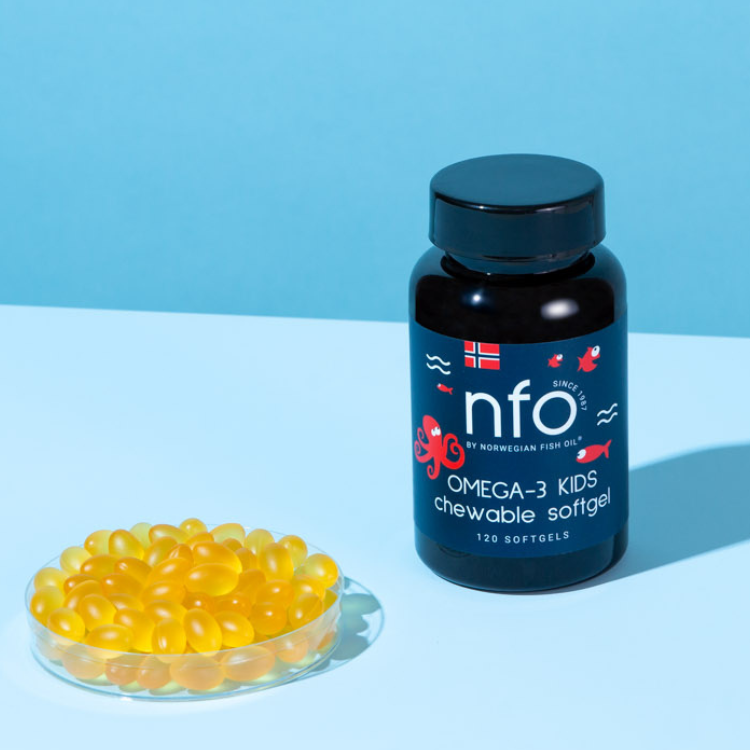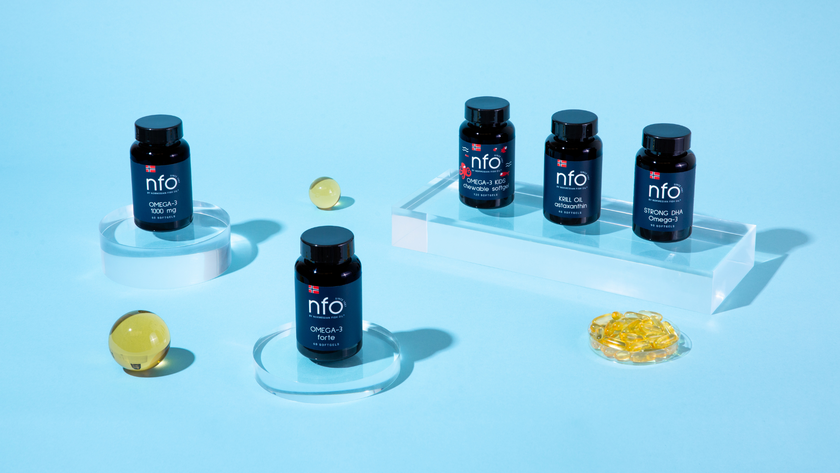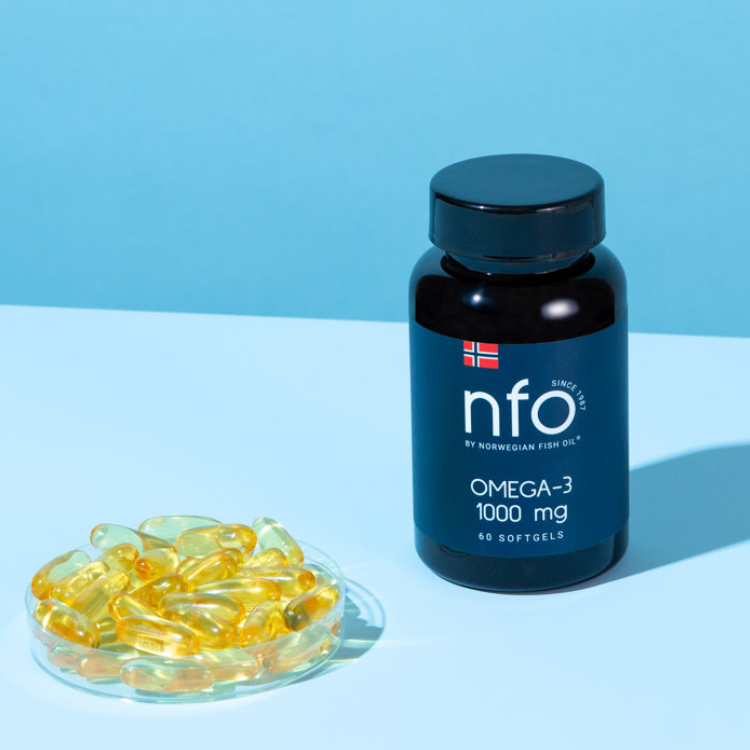Understanding Diabetes and Dietary Supplements
Type 2 diabetes, characterized by insulin resistance and hyperglycemia, is often managed through a combination of lifestyle changes, medications, and occasionally, supplements. While dietary supplements can offer additional support, they are not a substitute for conventional treatments. Regulatory bodies, such as the U.S. Food and Drug Administration (FDA), have issued warnings about impurities and safety concerns in certain diabetes-related medications and supplements (FDA, 2020). Therefore, understanding the evidence and potential risks associated with supplements is crucial.Popular Supplements for Diabetes Management
1. Alpha-Lipoic Acid
Alpha-lipoic acid (ALA) is an antioxidant that has been studied for its role in improving glucose metabolism and reducing oxidative stress. A systematic review by Akbari et al. (2018) demonstrated that ALA supplementation improved glucose control and lipid profiles in patients with metabolic disorders. Furthermore, ALA’s antioxidative properties may help reduce diabetic complications such as neuropathy (Nguyen et al., 2022).2. Chromium
Chromium is an essential trace mineral that enhances insulin sensitivity. A meta-analysis by Asbaghi et al. (2020) found that chromium supplementation improved glycemic control in patients with type 2 diabetes. However, the long-term safety and efficacy of high-dose chromium require further investigation.3. Cinnamon
Cinnamon has gained attention for its potential to lower fasting blood glucose levels. According to a meta-analysis by Deyno et al. (2019), cinnamon supplementation showed moderate benefits in reducing blood glucose levels in type 2 diabetes patients. However, the National Center for Complementary and Integrative Health (NCCIH, 2020) advises caution, as excessive intake may pose safety risks.4. Magnesium
Magnesium plays a vital role in glucose metabolism and insulin action. Veronese et al. (2021) highlighted that oral magnesium supplementation significantly improved glucose metabolism parameters in individuals with or at risk of diabetes. Adequate magnesium levels may also help reduce insulin resistance and prevent complications.5. Bitter Melon (Momordica charantia)
Bitter melon is a traditional herbal remedy believed to have hypoglycemic properties. Research by Kim et al. (2020) indicated that bitter melon supplementation effectively reduced fasting blood glucose levels and improved glycemic control in type 2 diabetes patients. However, its long-term safety remains uncertain.Antioxidants and Diabetes
Resveratrol
Resveratrol, a compound found in red wine and grapes, has been studied for its antioxidative and anti-inflammatory properties. Jeyaraman et al. (2020) found that resveratrol supplementation improved glycemic control and reduced oxidative stress in adults with type 2 diabetes. Its ability to enhance insulin sensitivity makes it a promising adjunct to diabetes management.Epigallocatechin Gallate (EGCG)
EGCG, a catechin in green tea, exhibits antioxidant and anti-inflammatory effects. Othman et al. (2017) demonstrated that EGCG protected against diabetic cardiomyopathy in animal studies by reducing oxidative stress and inflammation. While human studies are limited, regular green tea consumption may offer additional benefits for diabetes management (Meng et al., 2019).B-Vitamins and Diabetes
Thiamine and Benfotiamine
Thiamine deficiency is common in individuals with diabetes and is associated with complications such as neuropathy and cardiovascular disorders. Eshak et al. (2018) emphasized the importance of thiamine supplementation in reducing cardiovascular risks. Benfotiamine, a synthetic derivative of thiamine, has shown potential in preventing diabetic complications by targeting pathways of hyperglycemic damage (Raj et al., 2018).Herbal Supplements
Gymnema Sylvestre
Gymnema sylvestre, known as the “sugar destroyer,” is traditionally used in Ayurvedic medicine for diabetes. While preliminary studies suggest its potential to improve glycemic control, more robust clinical trials are needed to confirm its efficacy.Aloe Vera
Aloe vera has been investigated for its hypoglycemic effects. A review by the National Institutes of Health (NIH) indicated that aloe vera supplementation might reduce fasting blood glucose levels. However, its efficacy varies widely across studies, warranting further research.Risks and Considerations
While supplements may provide benefits, they also come with potential risks:- Drug Interactions: Supplements like cinnamon and bitter melon may interact with medications, leading to hypoglycemia.
- Quality Concerns: Not all supplements are subjected to rigorous testing, raising concerns about purity and contamination (FDA, 2020).
- Individual Variability: The efficacy of supplements varies based on factors such as genetics, diet, and disease progression.
Conclusion
Dietary supplements can play a supportive role in diabetes management by improving glycemic control and reducing oxidative stress. However, they should be used cautiously, under medical supervision, and as part of a comprehensive treatment plan. Future research is essential to establish the long-term safety and efficacy of these supplements. As always, individuals should prioritize evidence-based treatments and consult healthcare professionals before starting any new supplement.References
- Akbari, M., et al. (2018). The effects of alpha-lipoic acid supplementation on glucose control and lipid profiles among patients with metabolic diseases: A systematic review and meta-analysis of randomized controlled trials. Metabolism, 85, 1-11. Link
- Asbaghi, O., et al. (2020). Effects of chromium supplementation on glycemic control in patients with type 2 diabetes: A systematic review and meta-analysis of randomized controlled trials. Clinical Nutrition ESPEN, 39, 5-12. Link
- Cinnamon. (2020). National Center for Complementary and Integrative Health. Link
- Deyno, S., et al. (2019). Efficacy and safety of cinnamon in type 2 diabetes mellitus and pre-diabetes patients: A meta-analysis and meta-regression. Diabetes Research and Clinical Practice, 156, 107818. Link
- FDA. (2020). FDA alerts patients and health care professionals to nitrosamine impurity findings in certain metformin products. Link
- Eshak, E. S., et al. (2018). Thiamine deficiency and cardiovascular disorders. Nutrition, Metabolism & Cardiovascular Diseases, 28(7), 728-735. Link
- Jeyaraman, M. M., et al. (2020). Resveratrol for adults with type 2 diabetes mellitus. Cochrane Database of Systematic Reviews, (1). Link
- Kim, S. K., et al. (2020). Hypoglycemic efficacy and safety of Momordica charantia (bitter melon) in patients with type 2 diabetes mellitus. Phytomedicine, 79, 153350. Link
- Meng, J. M., et al. (2019). Effects and mechanisms of tea for the prevention and management of diabetes mellitus and diabetic complications: An updated review. Antioxidants, 8(6), 170. Link
- Nguyen, H., et al. (2022). Alpha-lipoic acid. StatPearls. Link
- Raj, V., et al. (2018). Therapeutic potential of benfotiamine and its molecular targets. BioFactors, 44(3), 277-290. Link
- Veronese, N., et al. (2021). Oral magnesium supplementation for treating glucose metabolism parameters in people with or at risk of diabetes: A systematic review and meta-analysis of double-blind randomized controlled trials. Frontiers in Endocrinology, 12, 690288. Link









